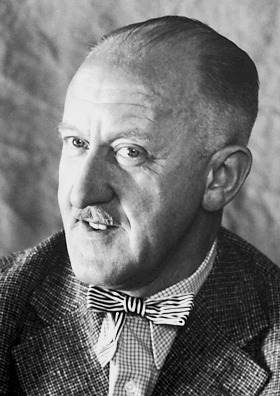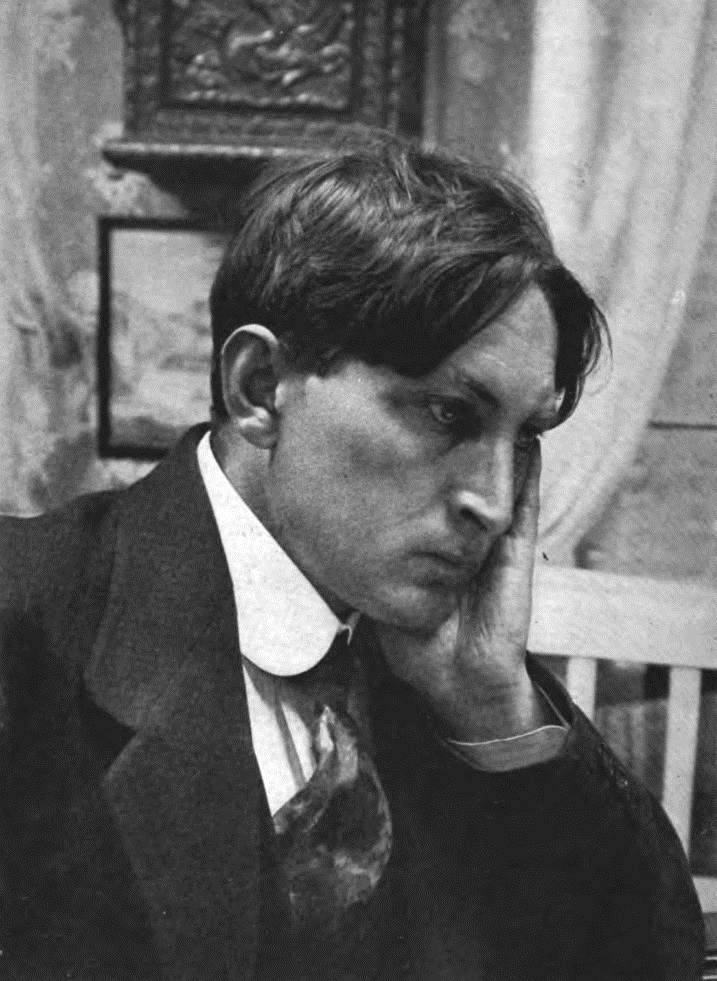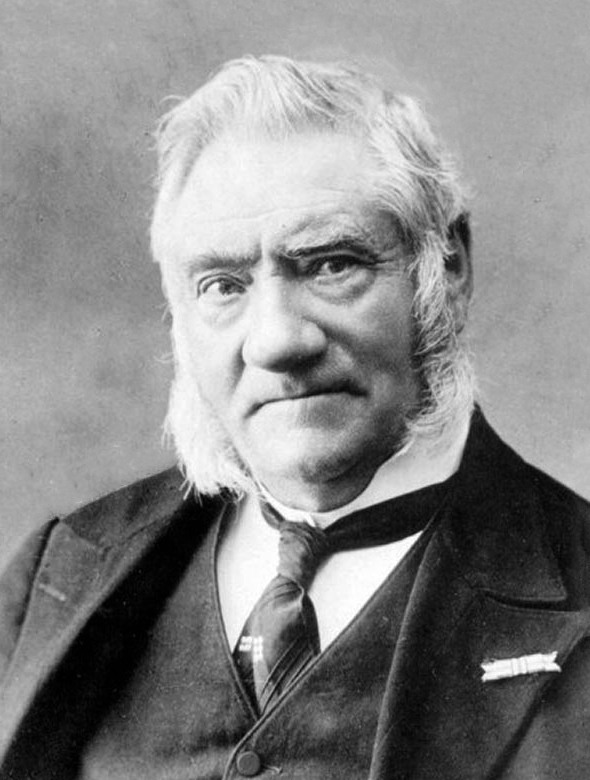List of Icelandic writers on:
[Wikipedia]
[Google]
[Amazon]








Icelandic language Wikisource
The Writers' Union of Iceland official website
Primary Documents
{{Heathen Skalds, state=collapsed

Iceland
Iceland ( is, Ísland; ) is a Nordic island country in the North Atlantic Ocean and in the Arctic Ocean. Iceland is the most sparsely populated country in Europe. Iceland's capital and largest city is Reykjavík, which (along with its s ...
has a rich literary history, which has carried on into the modern period.
Some of the best known examples of Icelandic literature
Icelandic literature refers to literature written in Iceland or by Icelandic people. It is best known for the sagas written in medieval times, starting in the 13th century. As Icelandic and Old Norse are almost the same, and because Icelandic wo ...
are the Sagas of Icelanders
The sagas of Icelanders ( is, Íslendingasögur, ), also known as family sagas, are one genre of Icelandic sagas. They are prose narratives mostly based on historical events that mostly took place in Iceland in the ninth, tenth, and early el ...
. These are prose narratives based on historical events that took place in Iceland and the surrounding areas during the Saga Age
The Saga Age ( is, Söguöld ) is the period in Icelandic history during which the majority of the sagas of Icelanders are set. It runs from the settlement of Iceland in 870 until about 1056 when the first bishop in Iceland
Iceland ( is, � ...
. Most of these sagas were recorded during the 13th and 14th centuries, but the original authors and subsequent recorders of the works are unknown and thus not listed here. Although it has been suggested that Snorri Sturluson is the author of ''Egil's Saga
''Egill's Saga'' or ''Egil's saga'' ( non, Egils saga ; ) is an Icelandic saga (family saga) on the lives of the clan of Egill Skallagrímsson (Anglicised as Egill Skallagrimsson), an Icelandic farmer, viking and skald. The saga spans the years ...
''. The Saga tradition is not limited only to Iceland, and is an integral part of Norse mythology throughout the Nordics.
Another dominant form of Icelandic literature is poetry. Iceland has a rich history of poets, with many poets listed here. The early poetry of Iceland is Old Norse poetry
Old Norse poetry encompasses a range of verse forms written in Old Norse, during the period from the 8th century (see Eggjum stone) to as late as the far end of the 13th century. Most of the Old Norse poetry that survives was preserved in Iceland ...
, which is divided into the anonymous Eddic poetry
The ''Poetic Edda'' is the modern name for an untitled collection of Old Norse anonymous narrative poems, which is distinct from the ''Prose Edda'' written by Snorri Sturluson. Several versions exist, all primarily of text from the Icelandic med ...
, and the Skaldic poetry
A skald, or skáld (Old Norse: , later ; , meaning "poet"), is one of the often named poets who composed skaldic poetry, one of the two kinds of Old Norse poetry, the other being Eddic poetry, which is anonymous. Skaldic poems were traditional ...
attributed to a series of skalds, who were court poets who lived in the Viking Age
The Viking Age () was the period during the Middle Ages when Norsemen known as Vikings undertook large-scale raiding, colonizing, conquest, and trading throughout Europe and reached North America. It followed the Migration Period and the Germ ...
and Middle Ages
In the history of Europe, the Middle Ages or medieval period lasted approximately from the late 5th to the late 15th centuries, similar to the post-classical period of global history. It began with the fall of the Western Roman Empire ...
. The modern Icelandic language is sufficiently similar to the Old Norse language for speakers of modern Icelandic to be able to understand Old Norse texts. Later Icelandic poetry includes the ''Passion Hymns
The ''Passíusálmar'' or ''Passion Hymns'' are a collection of 50 poetic texts written by the Icelandic minister and poet, Hallgrímur Pétursson. The texts explore the Passion narrative, as traditionally presented, from the point where Chri ...
'' by Hallgrímur Pétursson
Hallgrímur Pétursson (1614 – 27 October 1674) was an Icelandic poet and a minister at Hvalsneskirkja and Saurbær in Hvalfjörður. Being one of the most prominent Icelandic poets, the Hallgrímskirkja in Reykjavík and the Hallgrímskirkja ...
, a collection of Christian religious poetry published in 1666. Modern poets include Einar Benediktsson
Einar Benediktsson, often referred to as Einar Ben (31 October 1864 – 12 January 1940) was an Icelandic poet and lawyer.
Einar Benediktsson's poetry was a significant contribution to the nationalistic revival which led to Iceland's independenc ...
, a neo-Romantic poet who was an important figure in Iceland's nationalistic literary revival during the 19th century, and 20th-century poets such as Tómas Guðmundsson
Tómas Guðmundsson (6 January 1901 – 14 November 1983) was an Icelandic writer. He was known as Reykjavík's poet ''(Reykjavíkurskáldið, skáld Reykjavíkur)''.
Tómas's parents were Steinunn Þorsteinsdóttir and Guðmundur Ögmundsson, liv ...
and Davíð Stefánsson
''Davíð Stefánsson'' (21 January 1895 – 1 March 1964) from Fagriskógur was a popular Icelandic poet and novelist, best known for his ten volumes of poetry.
He was born on 21 January 1895, in Fagriskógur, Eyjafjördur, Iceland and he died ...
.
Halldór Laxness is the only Icelander to have been awarded the Nobel Prize
The Nobel Prizes ( ; sv, Nobelpriset ; no, Nobelprisen ) are five separate prizes that, according to Alfred Nobel's will of 1895, are awarded to "those who, during the preceding year, have conferred the greatest benefit to humankind." Alfr ...
. Winner of the Nobel Prize in Literature in 1955, he is recognized as one of Iceland's greatest literary figures. He wrote poetry, newspaper articles, plays, travelogues, short stories, and novels. Icelandic authors have won the Nordic Council's Literature Prize
The Nordic Council Literature Prize is awarded for a work of literature written in one of the languages of the Nordic countries, that meets "high literary and artistic standards". Established in 1962, the prize is awarded every year, and is worth ...
nine times.
In the modern period many Icelandic authors have been successful writing in languages other than Icelandic. Others have their work translated into other languages and are known internationally. The Detective Erlendur series by crime fiction author Arnaldur Indriðason
Arnaldur Indriðason (pronounced ; born 28 January 1961) is an Icelandic writer of crime fiction; his most popular series features the protagonist Detective Erlendur.
Biography
Arnaldur was born in Reykjavík on 28 January 1961, the son of ...
is translated into at least 24 languages, including English.
Following is a list of notable Icelandic writers. This list includes authors of Icelandic literature, as well as writers in other literary disciplines; such as authors of fiction and non-fiction works, poets and skalds, playwrights, screenwriters, songwriters and composers, scholars, scribes, journalists, translators, and editors
Editing is the process of selecting and preparing written, photographic, visual, audible, or cinematic material used by a person or an entity to convey a message or information. The editing process can involve correction, condensation, or ...
of newspapers and magazines. All the people listed here are or were Icelandic citizens, or writers with a strong connection to Iceland, for example by writing in the Icelandic language
Icelandic (; is, íslenska, link=no ) is a North Germanic language
The North Germanic languages make up one of the three branches of the Germanic languages—a sub-family of the Indo-European languages—along with the West Germanic lan ...
. People listed are from a wide range of time periods, ranging from the early Viking-age chroniclers, to modern day novelists. To help sort the writers by period, they are sorted according to the time period they lived. Although many more precise periods can be used, this list uses ''Contemporary'' for living writers, ''Modern'' for writers since the 16th century, and ''Medieval'' for the period from the 5th to the 15th century. In keeping with Icelandic naming conventions
Icelandic names are names used by people from Iceland. Icelandic surnames are different from most other naming systems in the modern Western world by being patronymic or occasionally matronymic: they indicate the father (or mother) of the child ...
, the list is alphabetical by given name, as that is how Icelandic names are sorted.
A

Á
B
D
E
F
G
H

I
Í
J

K

L
M

N

O
Ó
Ö
P
R
S
T

Þ
U
V
Y
See also
* List of Icelandic women writers *Icelandic literature
Icelandic literature refers to literature written in Iceland or by Icelandic people. It is best known for the sagas written in medieval times, starting in the 13th century. As Icelandic and Old Norse are almost the same, and because Icelandic wo ...
* Culture of Iceland
The culture of Iceland is rich and varied as well as being known for its literary heritage which began in the 12th century. Icelandic traditional arts include weaving, silversmithing, and wood carving. The Reykjavík area has several professional t ...
* Icelandic language
Icelandic (; is, íslenska, link=no ) is a North Germanic language
The North Germanic languages make up one of the three branches of the Germanic languages—a sub-family of the Indo-European languages—along with the West Germanic lan ...
* Sagas of Icelanders
The sagas of Icelanders ( is, Íslendingasögur, ), also known as family sagas, are one genre of Icelandic sagas. They are prose narratives mostly based on historical events that mostly took place in Iceland in the ninth, tenth, and early el ...
References
Footnotes
Citations
External links
Icelandic language Wikisource
The Writers' Union of Iceland official website
Primary Documents
{{Heathen Skalds, state=collapsed
Iceland
Iceland ( is, Ísland; ) is a Nordic island country in the North Atlantic Ocean and in the Arctic Ocean. Iceland is the most sparsely populated country in Europe. Iceland's capital and largest city is Reykjavík, which (along with its s ...
Writers